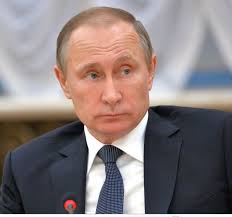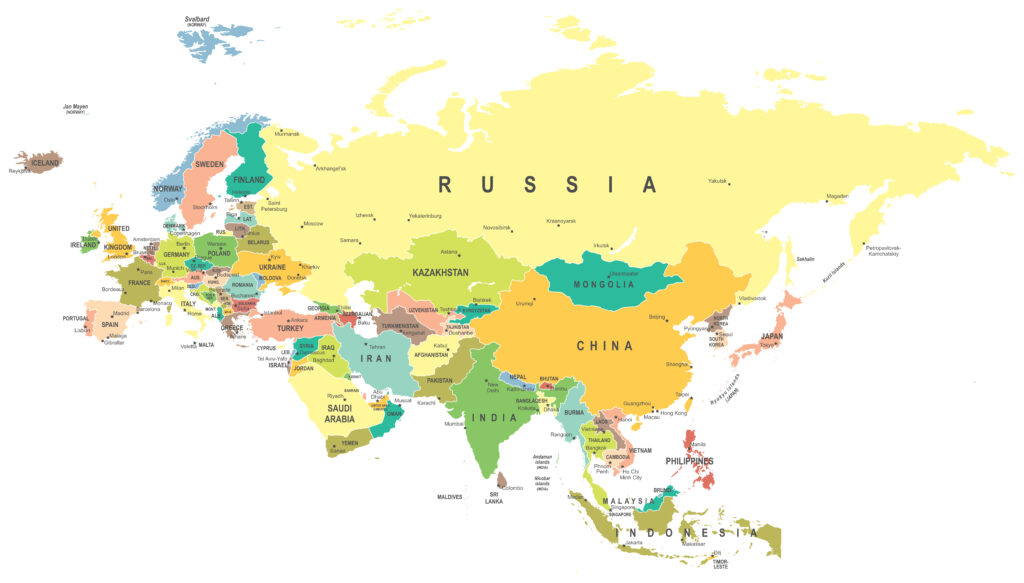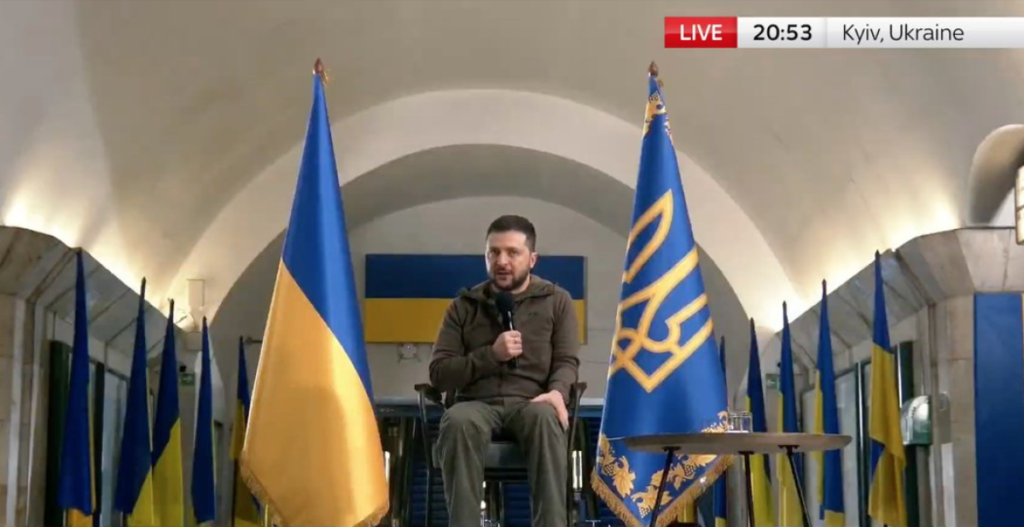
By Dave DeCamp, Antiwar.com, 6/18/23
Russian President Vladimir Putin on Saturday met with African leaders in St. Petersburg and displayed a document that he said was a draft treaty on Ukrainian neutrality that was drawn up during negotiations in Istanbul in March 2022.
“As you know, a string of talks between Russia and Ukraine took place in Turkey so as to work out both the confidence-building measures you mentioned and to draw up the text of the agreement,” Putin told the African delegation, according to TASS.
“We did not discuss with the Ukrainian side that this treaty would be classified, but we have never presented it, nor commented on it. This draft agreement was initialed by the head of the Kiev negotiation team. He put his signature there. Here it is,” he added.
According to RT, the treaty, titled “Permanent Neutrality and Security Guarantees for Ukraine,” required Ukraine to enshrine “permanent neutrality” in its constitution. The US, Britain, Russia, China, and France are listed as guarantors. Since the treaty was a draft, it indicates that it wasn’t finalized and more details needed to be worked out.
Putin’s claim reflects an article published in Foreign Affairs last year that cited multiple former senior US officials who said Russia and Ukraine tentatively agreed on a peace deal in April 2022. They said the agreement would have involved a Ukrainian promise not to join NATO in exchange for a Russian withdrawal to the pre-invasion lines, and Ukraine would have received security guarantees from several countries.
Russian and Ukrainian officials met face-to-face in Istanbul on March 29, 2022, which was followed up with virtual consultations. After the meeting, Russia’s lead negotiator described the talks as “constructive,” and the Russian Defense Ministry announced it would “drastically” reduce military activity near the northern cities of Kyiv and Chernihiv, which led to a full Russian withdrawal from the north.
Putin said after the Russian withdrawal, Ukraine abandoned the treaty. “After we pulled our troops away from Kiev — as we had promised to do — the Kiev authorities … tossed [their commitments] into the dustbin of history,” he said. “They abandoned everything.”
Ukraine accused Russian troops of intentionally killing civilians in the northern areas it withdrew from, most notably in the Kyiv suburb of Bucha. But if Putin’s account is true, Western pressure could have also led to Ukraine scuttling the treaty.
Then-British Prime Minister Boris Johnson visited Kyiv on April 9, 2022, a few days after Russia completed its withdrawal from the north. According to a report from Ukrainska Pravda, Johnson urged Ukrainian President Volodymyr Zelensky not to negotiate with Russia and that even if Ukraine was ready to sign a deal with Putin, Kyiv’s Western backers were not.
The Ukrainska Pravda report said at the time, Russia was ready for a Putin-Zelensky meeting, but two factors stopped it from happening: the discovery of dead Ukrainian civilians and Johnson’s visit.
Then-Israeli Prime Minister Naftali Bennet was trying to mediate between Putin and Zelensky in March 2022 and gave a similar account of the West’s position. He said the US and its allies “blocked” his mediation effort and that he thought there was a “legitimate decision by the West to keep striking Putin” and not negotiate.
After peace talks were scuttled in April 2022, Turkish Foreign Minister Mevlut Cavusoglu said he expected the conflict to end after the Istanbul talks but then realized some countries in NATO wanted to prolong the war to “weaken” Russia. A few days after Cavusoglu’s comments, Secretary of Defense Lloyd Austin admitted that one of the US’s goals in supporting Ukraine is to see Russia “weakened.”
As the war has dragged on, the Biden administration has come out explicitly against a ceasefire. Secretary of State Antony Blinken outlined the position earlier this month and said the US would continue building up Ukraine’s military rather than push for peace.
The African leaders who met with Putin on Saturday traveled to Russia and Ukraine to push for peace talks and an end to the war, but the chances of new negotiations between the warring sides are slim. The delegation included the presidents of Comoros, Senegal, South Africa, and Zambia, the prime minister of Egypt, and the foreign ministers of the Republic of Congo and Uganda.
The African delegation was in Ukraine on Friday, but Zelensky did not seem open to their proposals and reiterated his position that peace talks can’t happen until a full Russian withdrawal. In Moscow, the Kremlin said that the peace initiative presented by the African delegation “is very difficult to implement, difficult to compare positions.”

